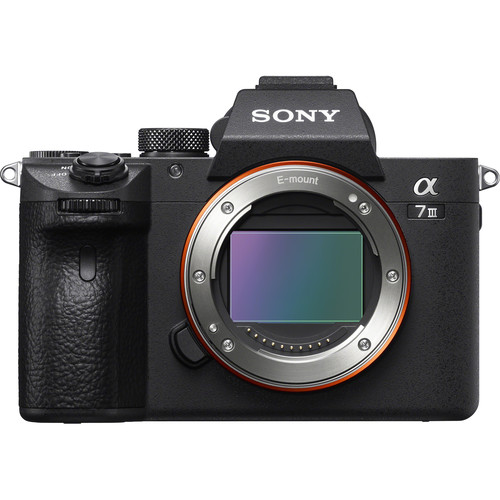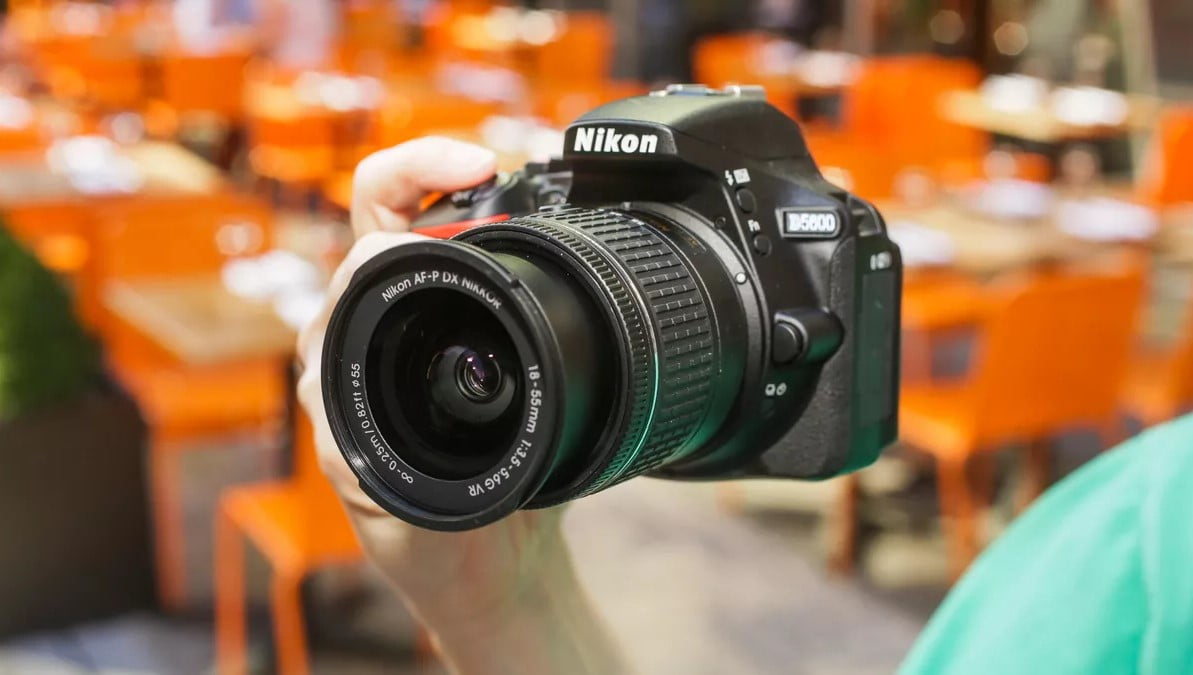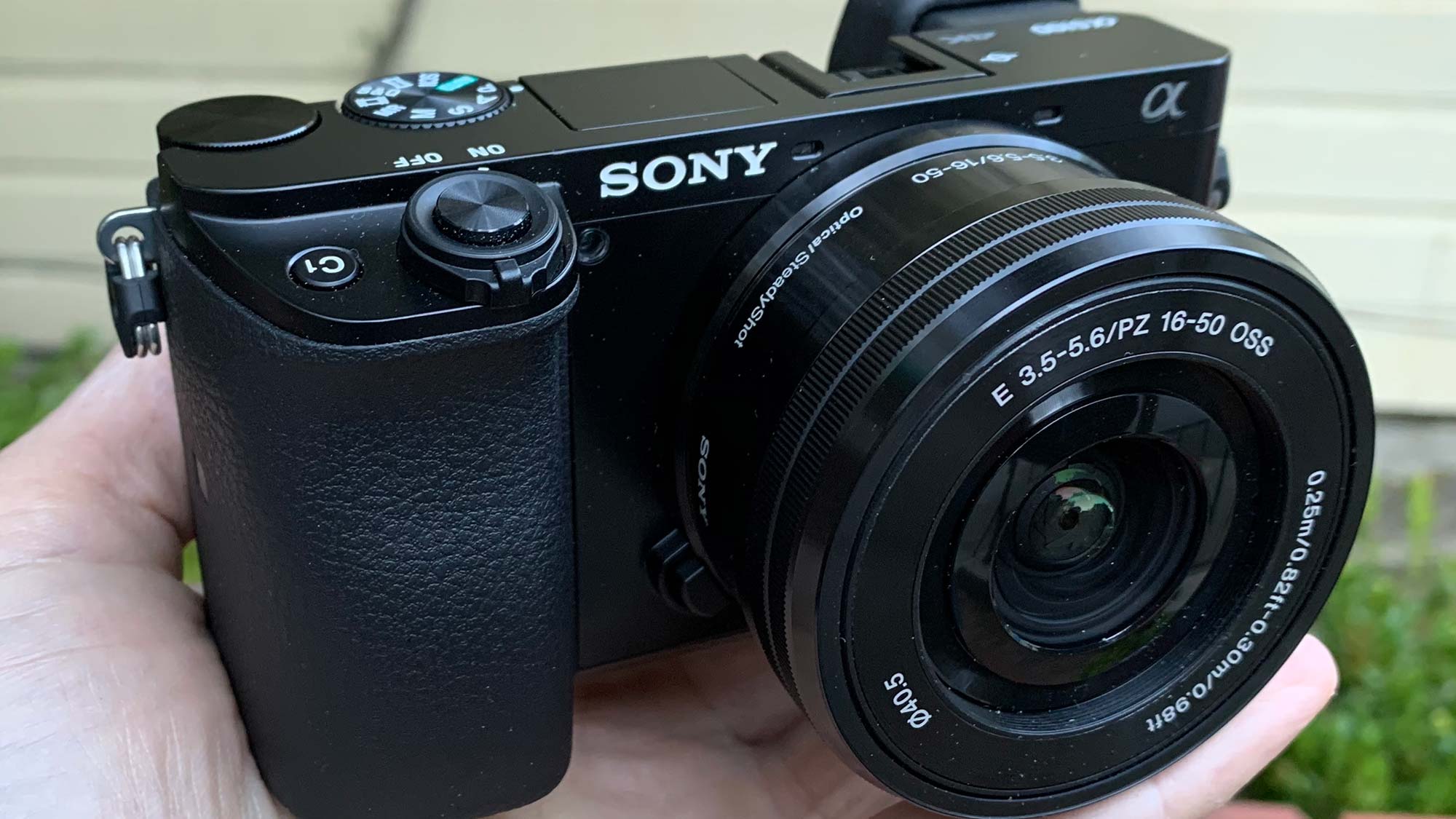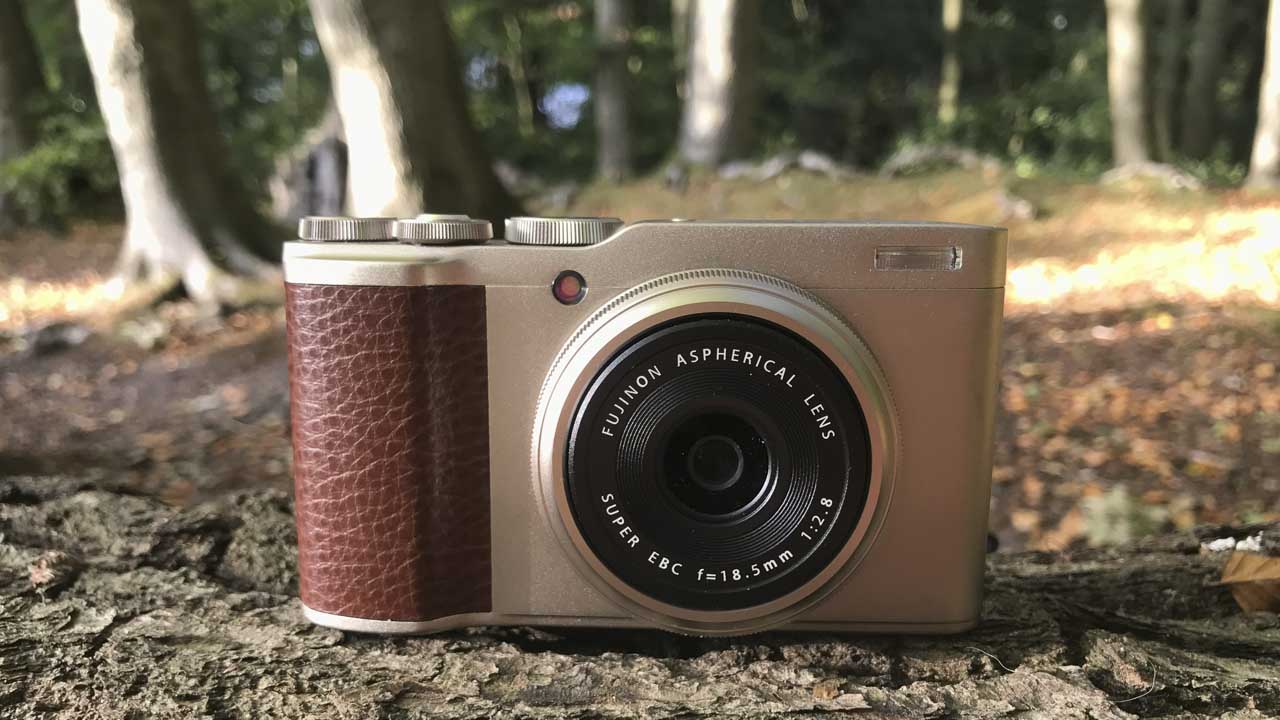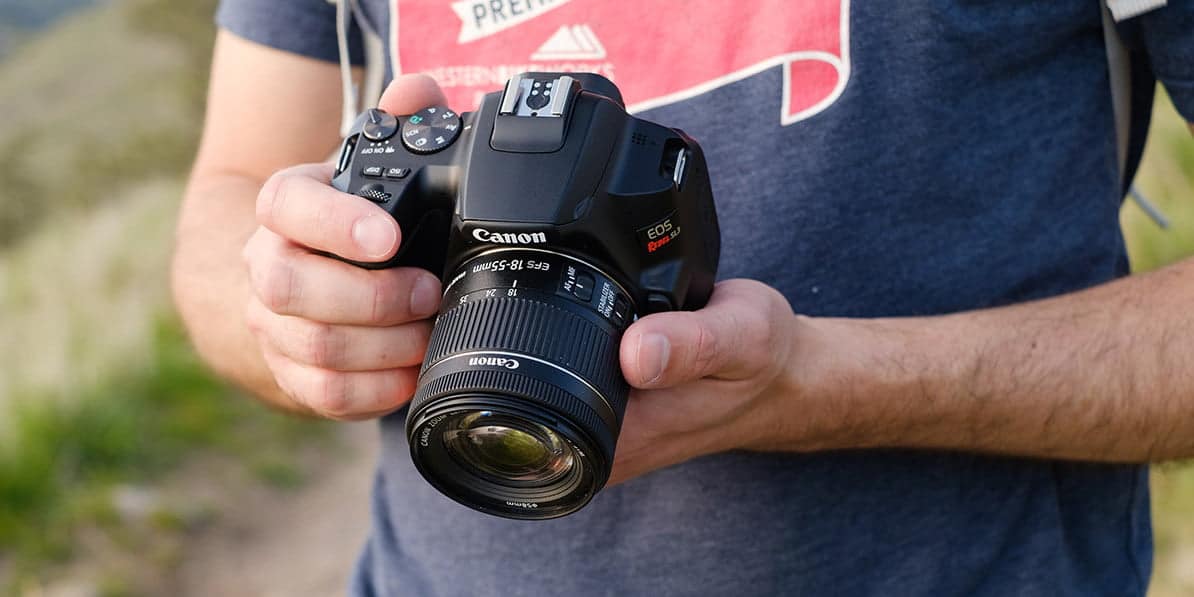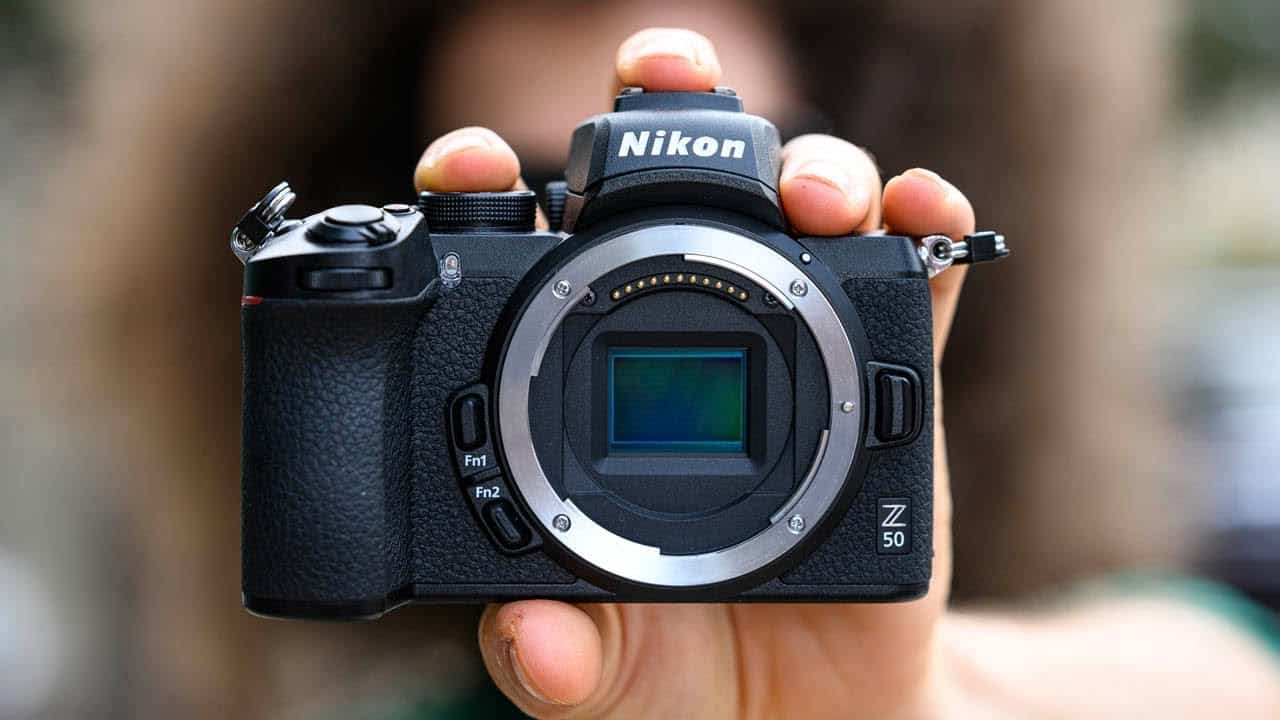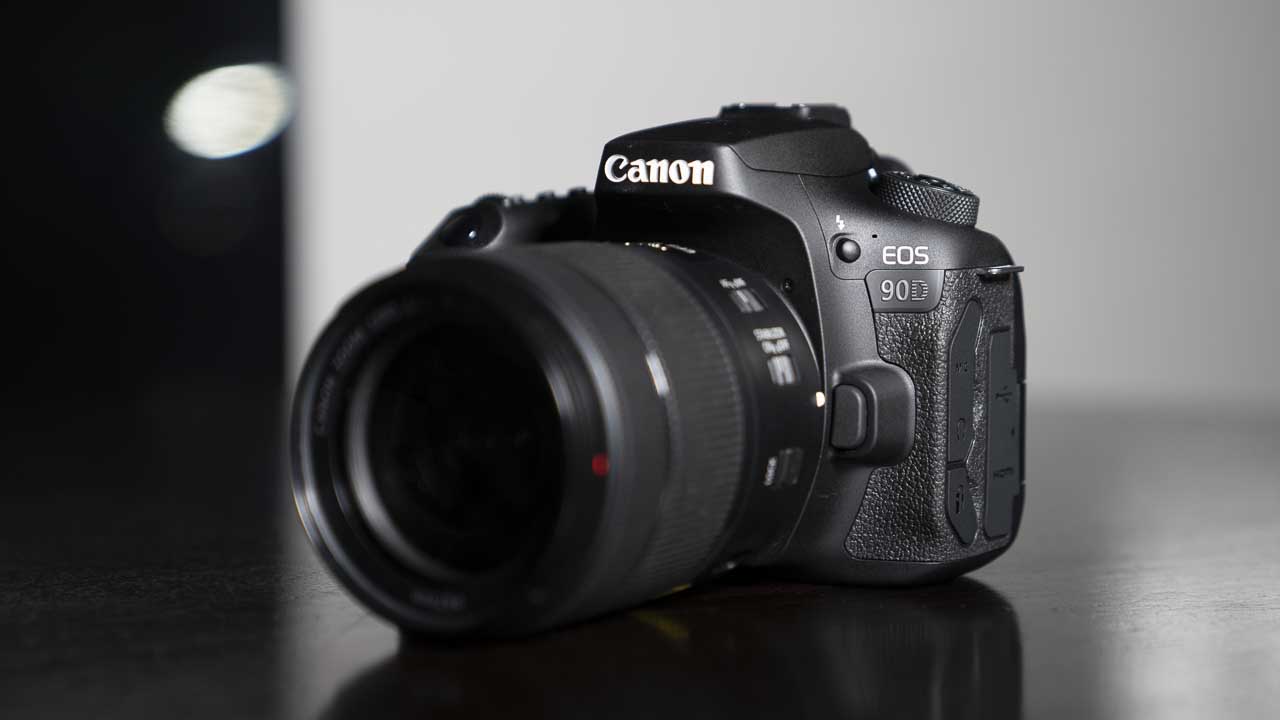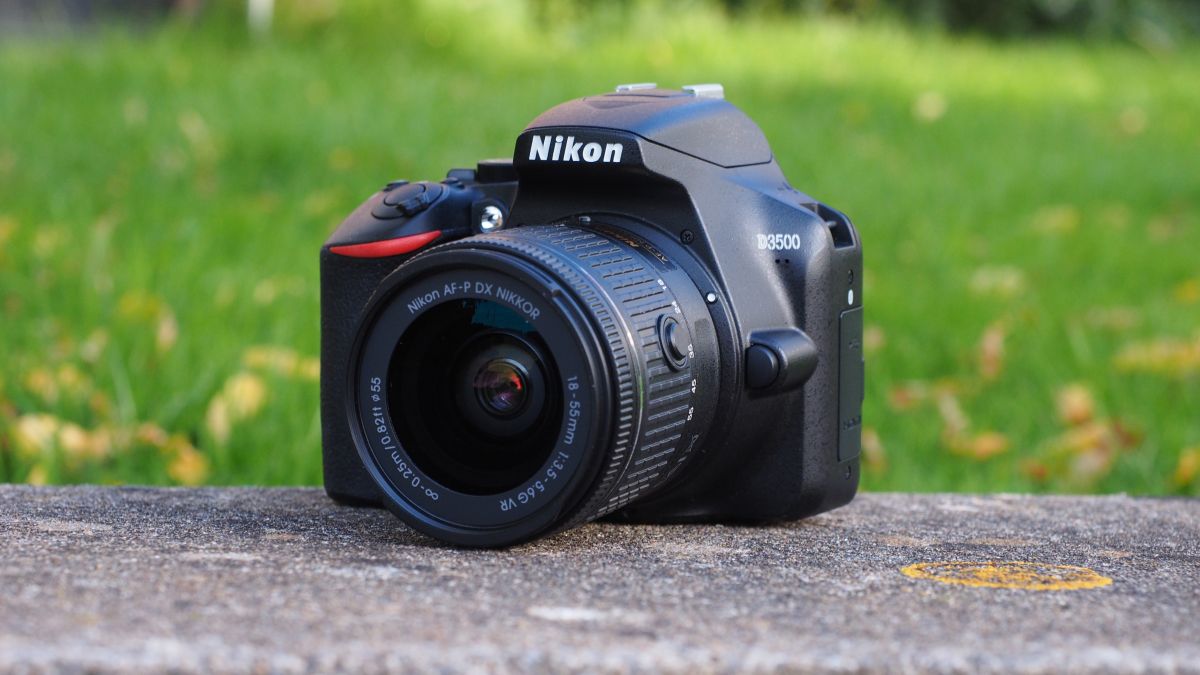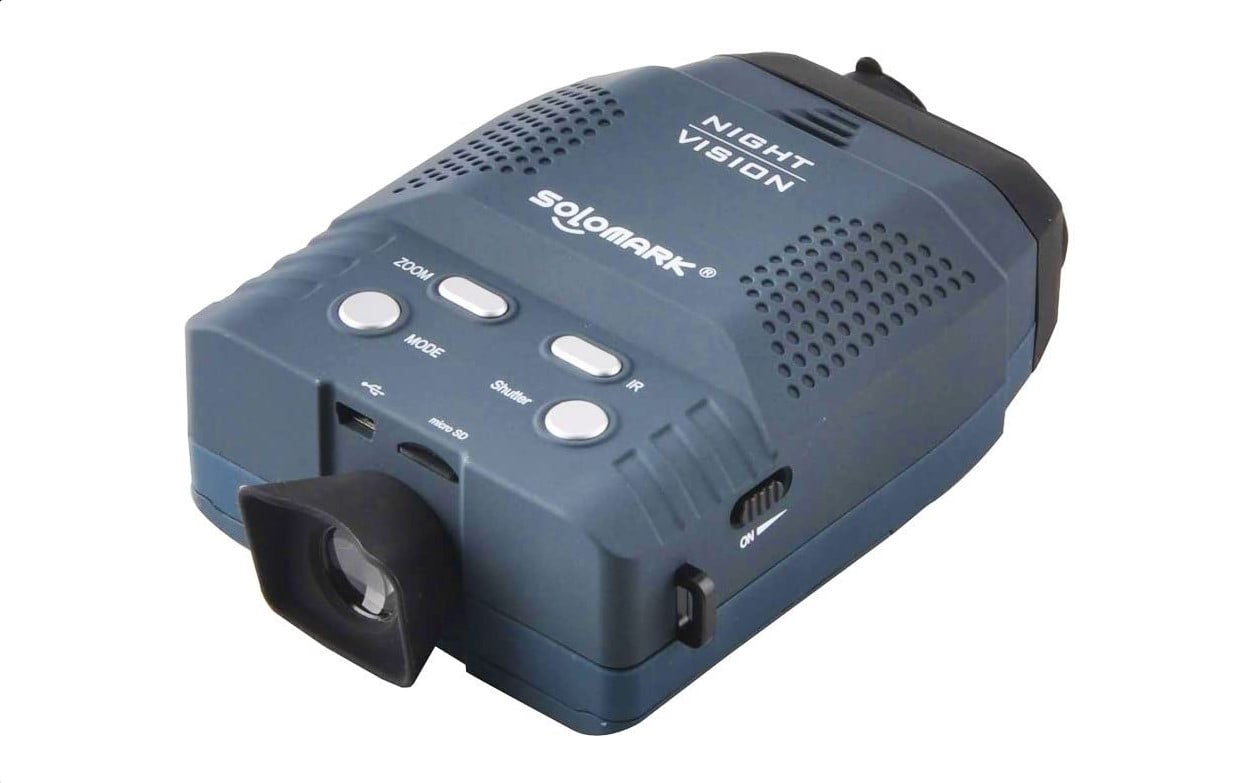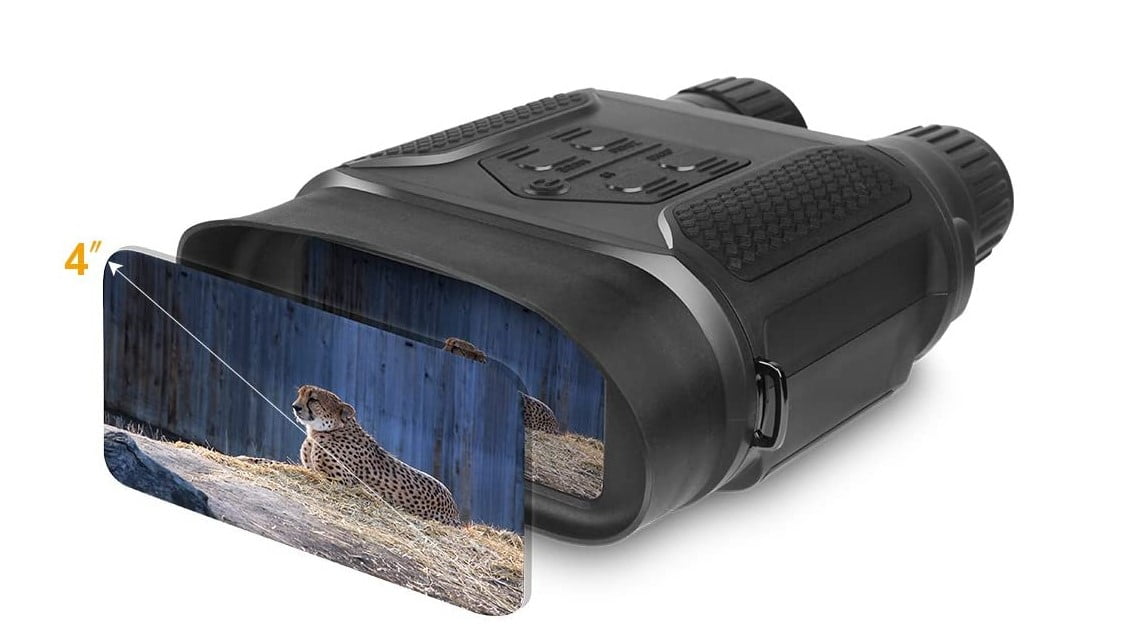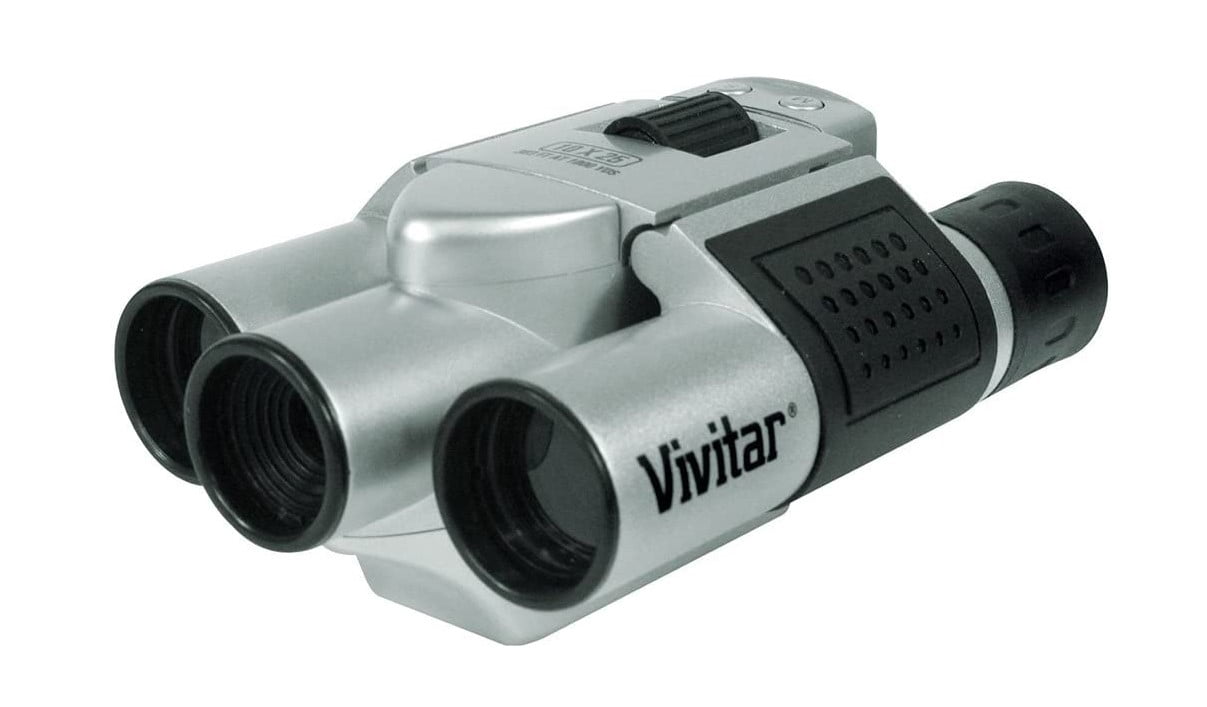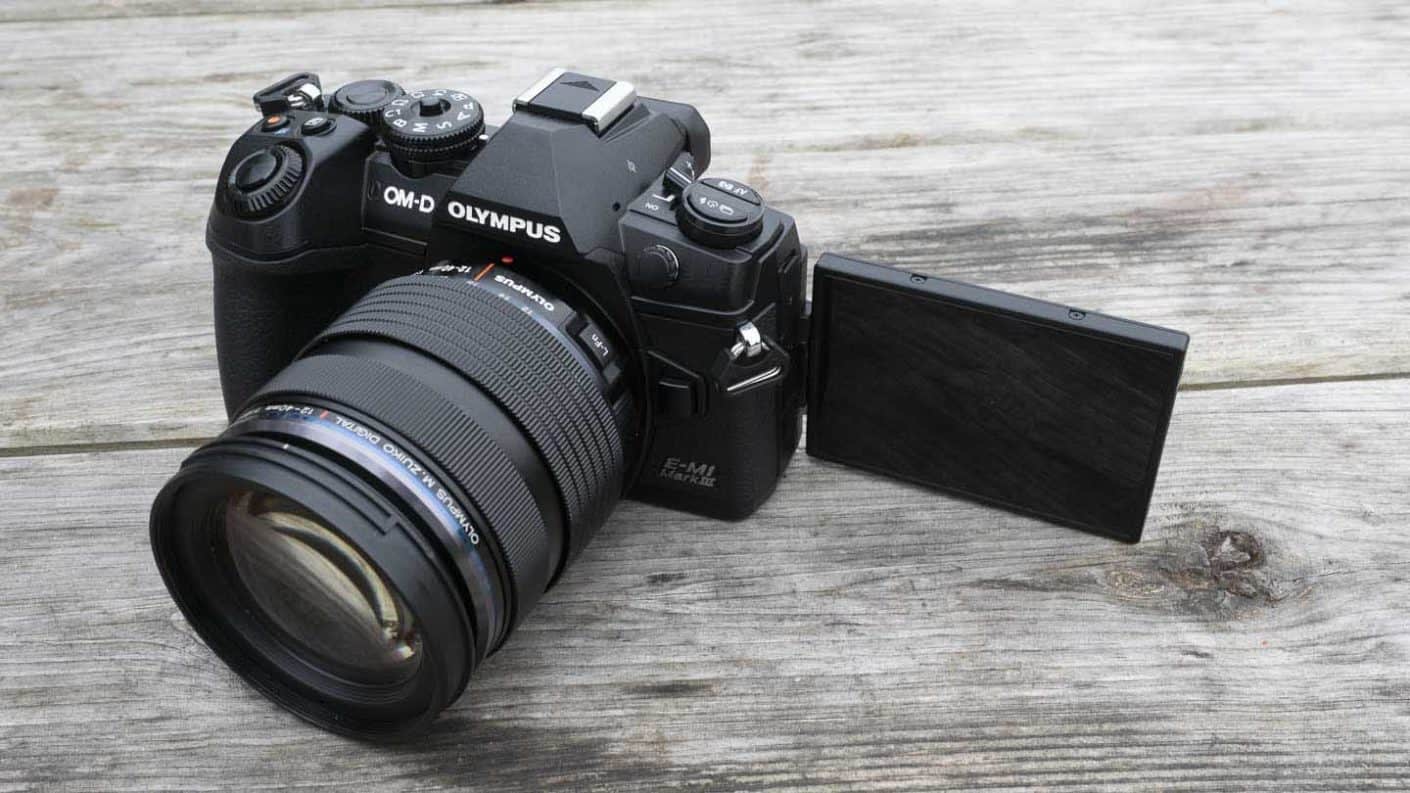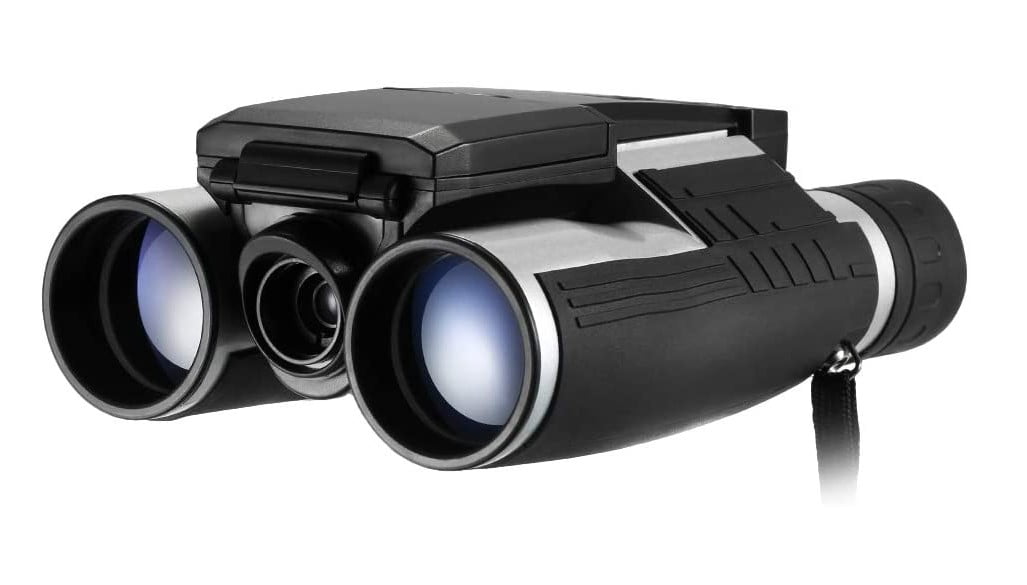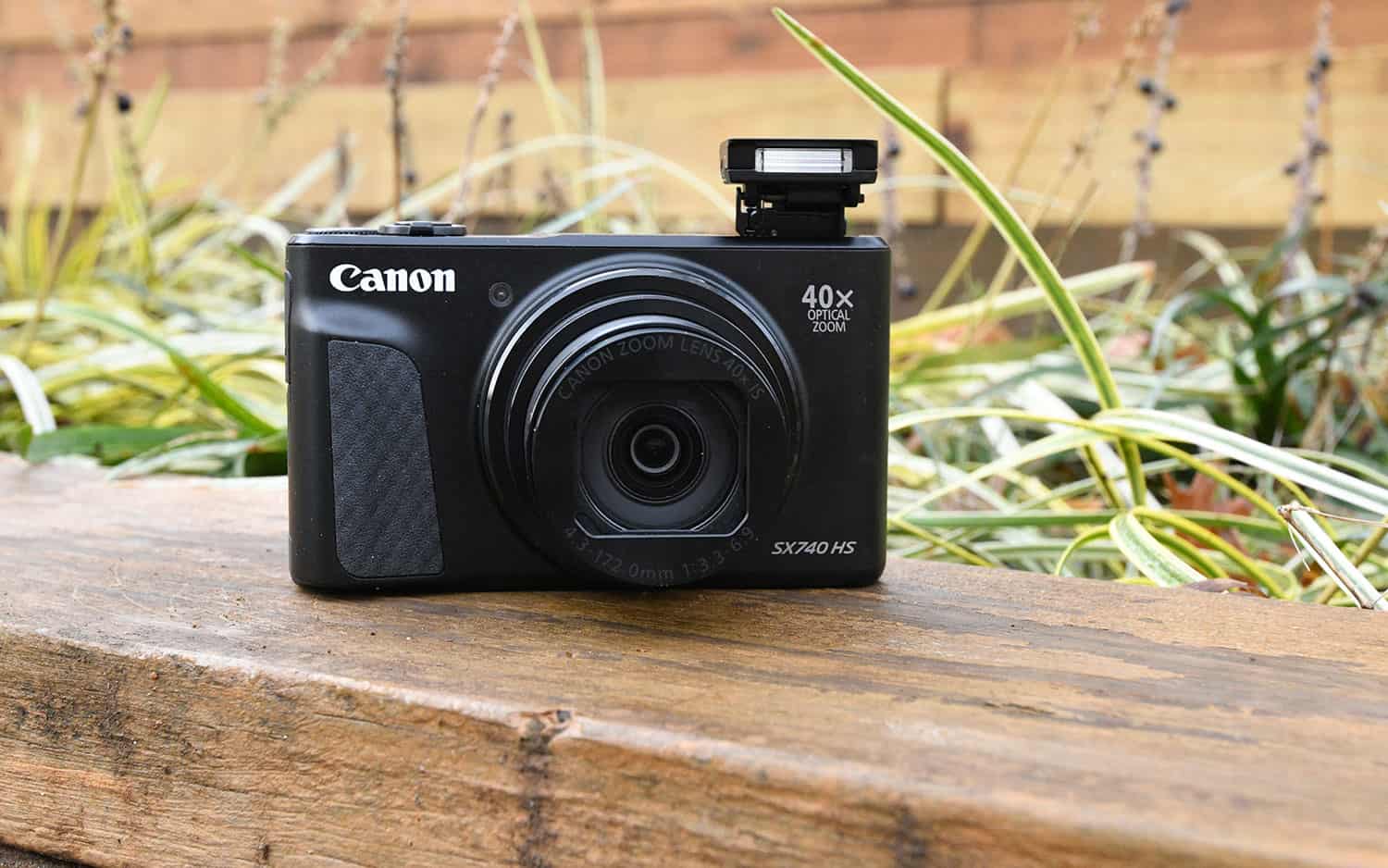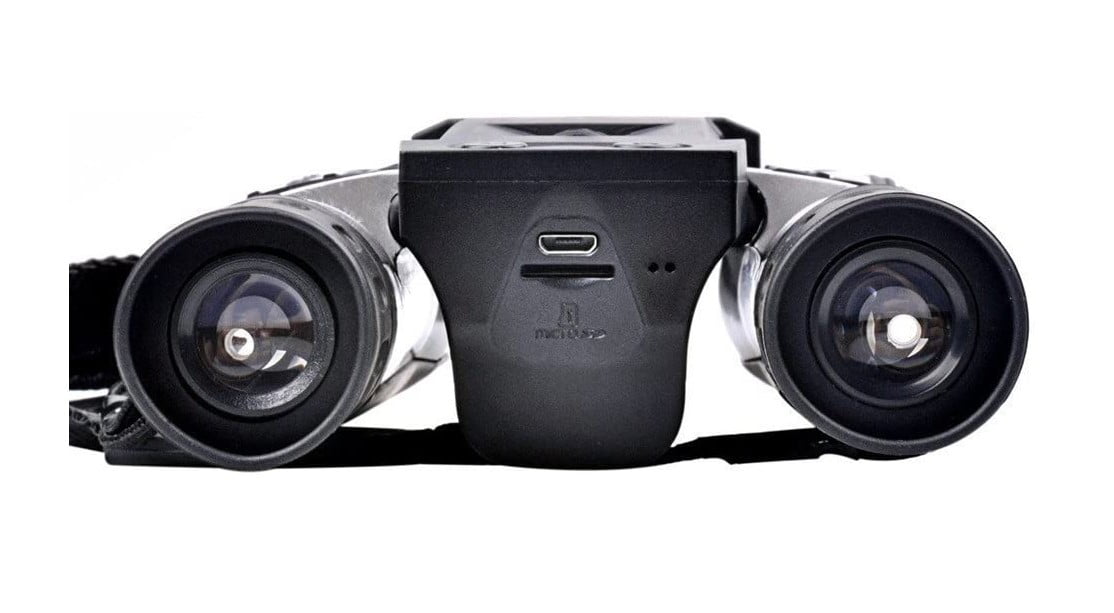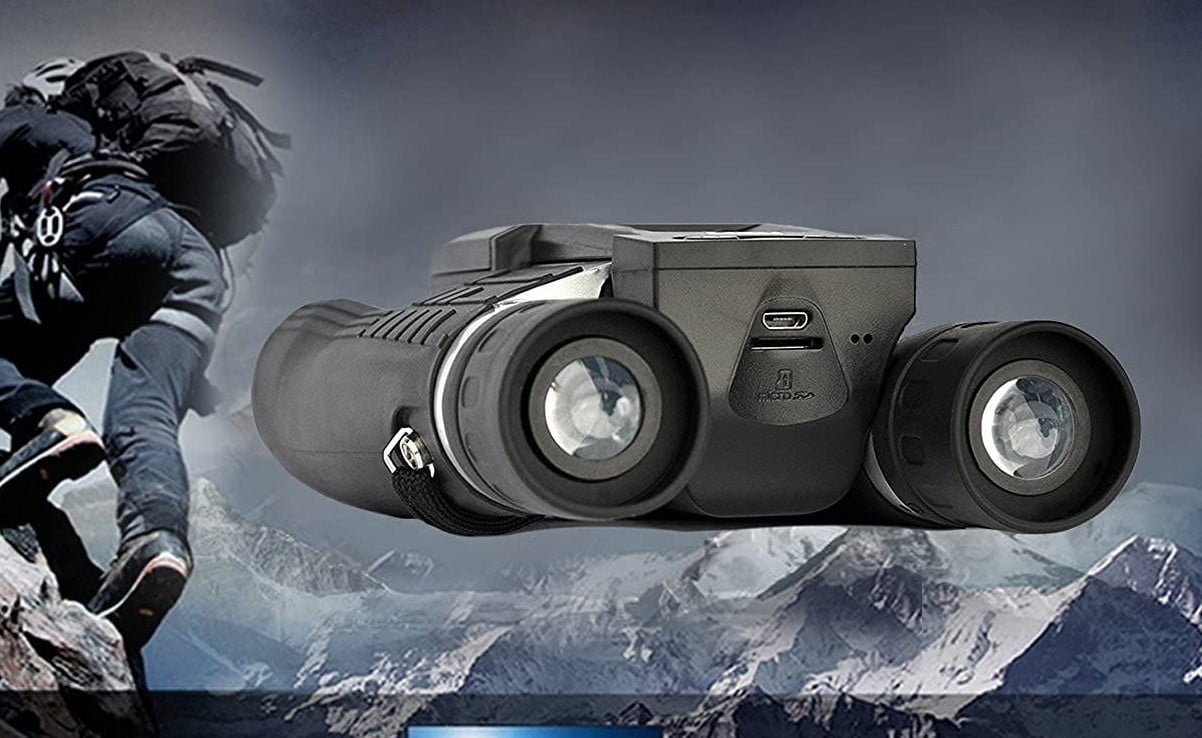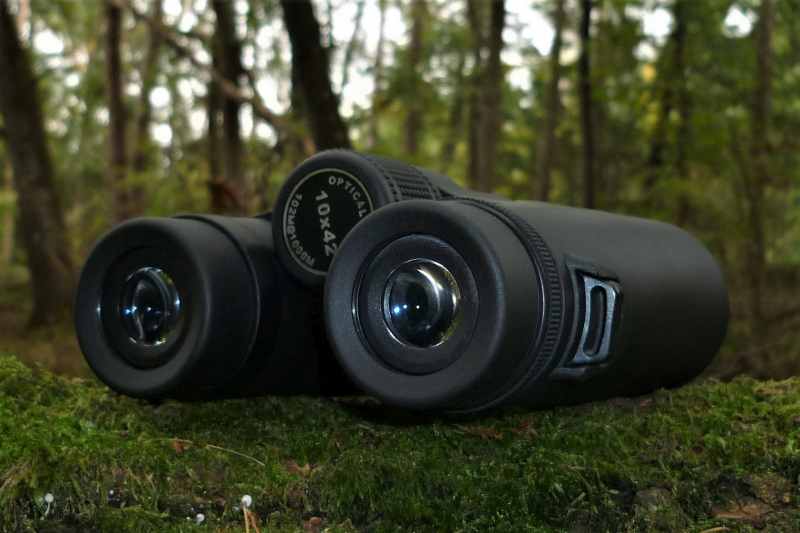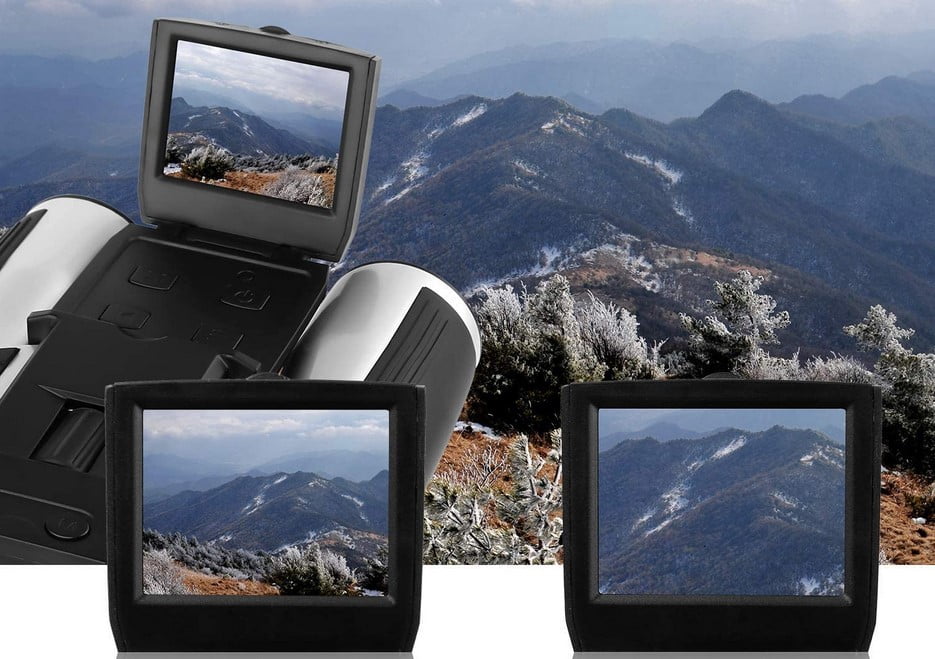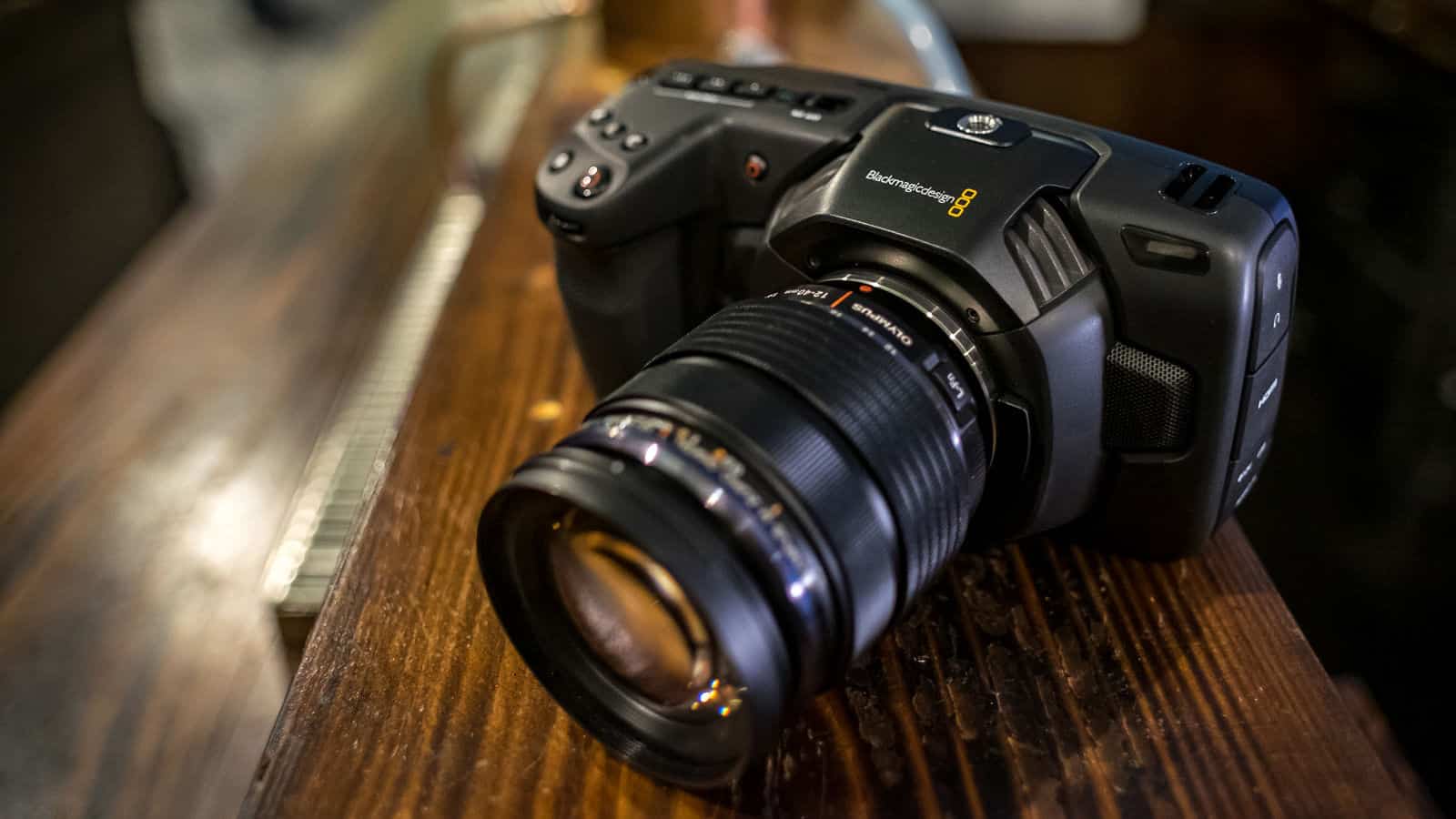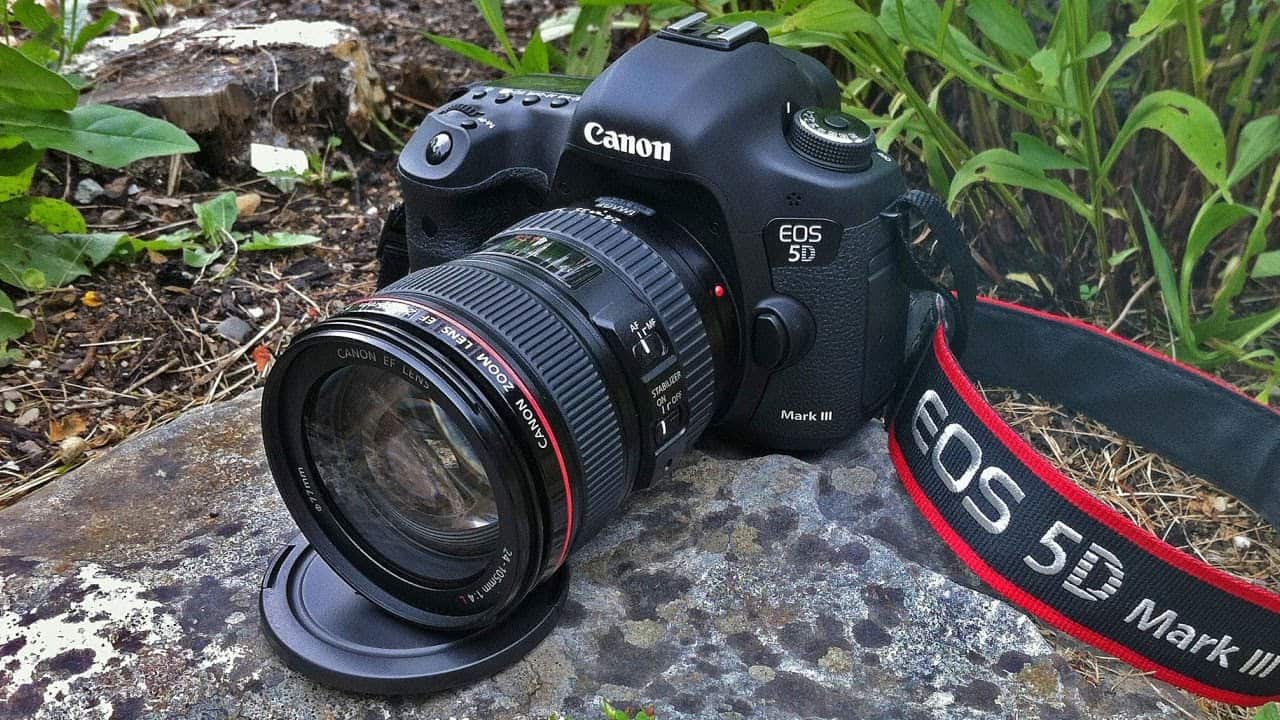Apart from knowing what a digital camera is and what kind of files a digital camera creates, Learning about what to do if your camera gets wet is always worthwhile. Those interested in underwater photography might not benefit as much, but most people don’t have fully waterproof cameras. Whether you’re a hobbyist or professional, this is all the information you need.
KEY TAKEAWAYS:
- You can use many materials for drying your camera thoroughly, and you should always keep a few of them on hand for emergencies.
- Water damage will void most warranties, so make sure you check over all of your paperwork thoroughly.
- The rice method is typical for drying out wet electronics and is one of the best ways to ensure that your best digital camera recovers fully.
What To Do if Your Digital Camera Gets Wet
Understanding what to do if your digital camera gets wet can save a lot of heartaches. Since most warranties are voided by water damage, it’s crucial to act fast. Whether it’s salt water, fresh water, or something in between, all water can lead to serious damage to your camera if left untreated. For instance, the memory may get damaged, and you may not be able to recover your photos. As such, it is important to know what to do when your digital camera gives you memory card errors due to water damage or any other issue.
Insider Tip
As soon as your camera comes into contact with water, turn it off.
What To Do Immediately
You need to act as quickly as possible to prevent permanent damage. Cheaper cameras are especially susceptible to water exposure, so quick action is crucial if you have a lower-end model.
Turn Your Camera Off Immediately
As soon as your camera comes into contact with water, turn it off. Accidental damage from water can turn disastrous for two reasons. The first is that the water can cause a short in the actual device, and the second is that rust can form. Turning your camera off takes care of the first reason.
Insider Tip
One of the most potent parts of your protective arsenal is a large bag of uncooked rice.
Disassemble Your Camera
Removing rust from water damage is essentially impossible. Taking your camera apart is the first step in preventing rust from forming in the first place. Make sure to detach your lens, empty the battery compartment, and take out any memory cards.
Properly Dry Affected Parts
Making sure that every part is taken care of in the drying process will be crucial. There are a few things you should always keep in your all-weather camera bag so you can be ready for the worst. Here are a few different options:
- Paper Towel
- Microfiber Cloths
- Dry Towel
- Absorbent Cloth
The Rice Method
One of the most potent parts of your protective arsenal is a large bag of uncooked rice. Most people know that wet electronics should be disassembled and placed into white rice to suck their moisture. This extends to cameras, as well. Make sure to put the camera in the rice for at least a few days in a warm, dry place to ensure this common drying method works.
Warning
Cheaper cameras are especially susceptible to water exposure, so quick action is crucial if you have a lower-end model.
F.A.Q.
Does a warranty cover a water-damaged camera?
Unfortunately, water exposure can void your warranty entirely. Clarification can always be found in the paperwork issued with your warranty, however.
Why is sensor dust a problem?
Sensor dust can cause a ton of issues by causing image manipulation. If there’s is a significant amount of sensor dust, your images will not turn out correctly. The sensor cleaning process isn’t a difficult one. Make sure you clean off sensor dust regularly.
How do you check if your sensor is dirty?
To check for sensor dust, simply take a photo. If you see specks of black on your picture, then you know that it’s time to start the sensor cleaning process. Dust particles can wreak havoc on your digital camera, so clean off sensor dust regularly.
Are self-cleaning sensors sufficient?
This style of lens is excellent for self-maintaining between regular cleanings. However, a self-cleaning sensor will still need you to clean out dust particles and other debris that might get into your camera.
STAT: There’s a chance about 70 percent that you’ll be able to completely dry the device and put it back to work within hours. (source)
REFERENCES:
- https://en.wikipedia.org/wiki/Dust_reduction_system
- https://www.researchgate.net/publication/316986687_basic_description_of_CMOS_camera_sensor_and_color_precnible
- https://www.wikihow.com/Clean-a-DSLR-Sensorr
- https://en.wikipedia.org/wiki/Image_sensor
- https://www.visiononline.org/userassets/aiauploads/file/cvp_the-fundamentals-of-camera-and-image-sensor-technology_jon-chouinard.pdf

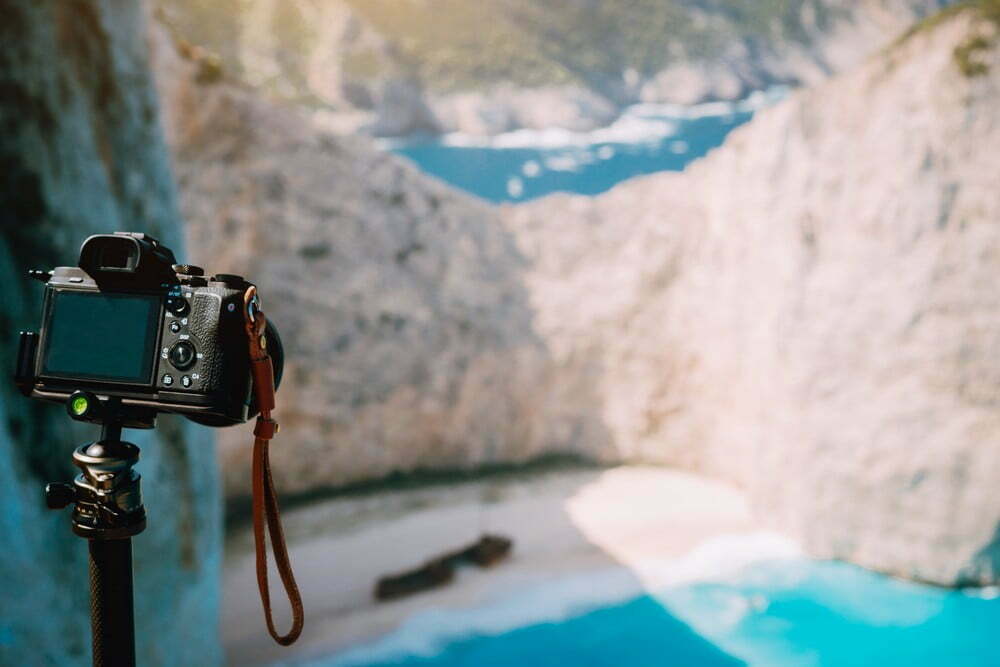













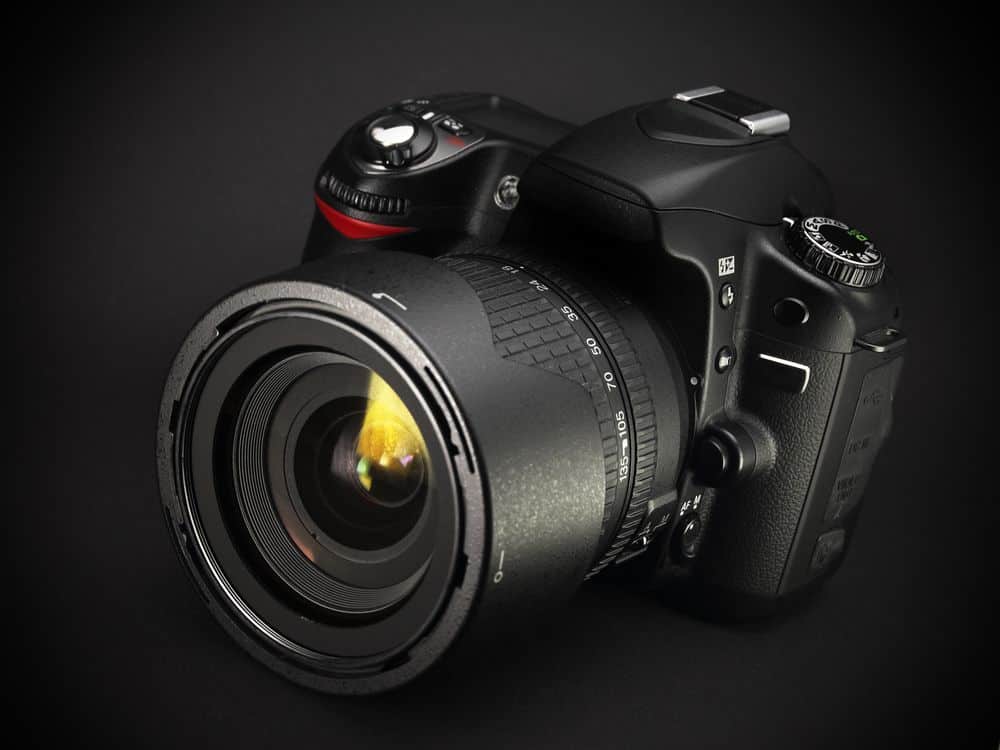
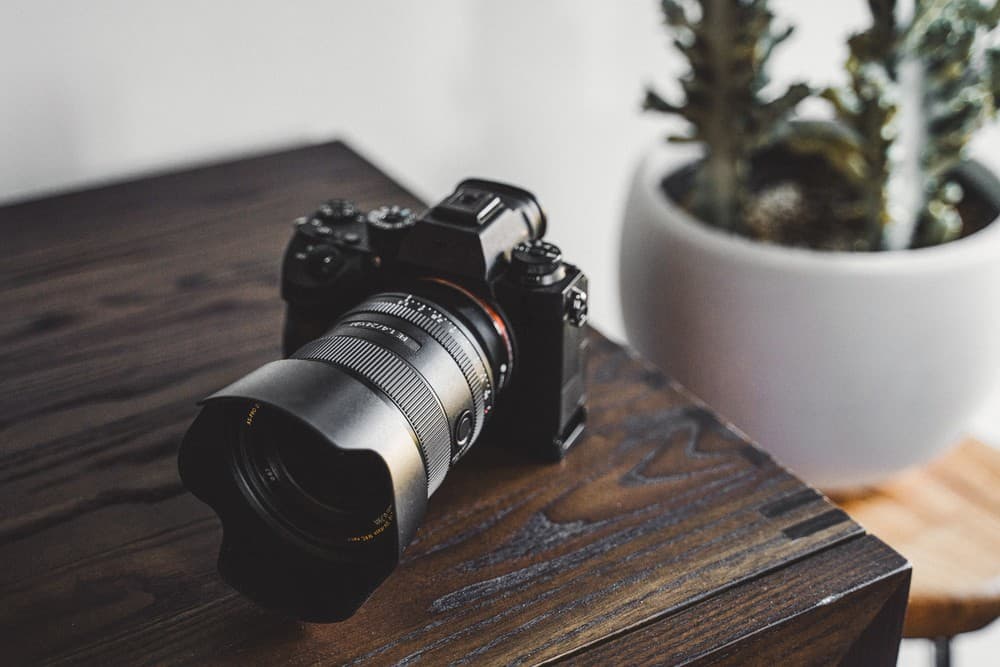
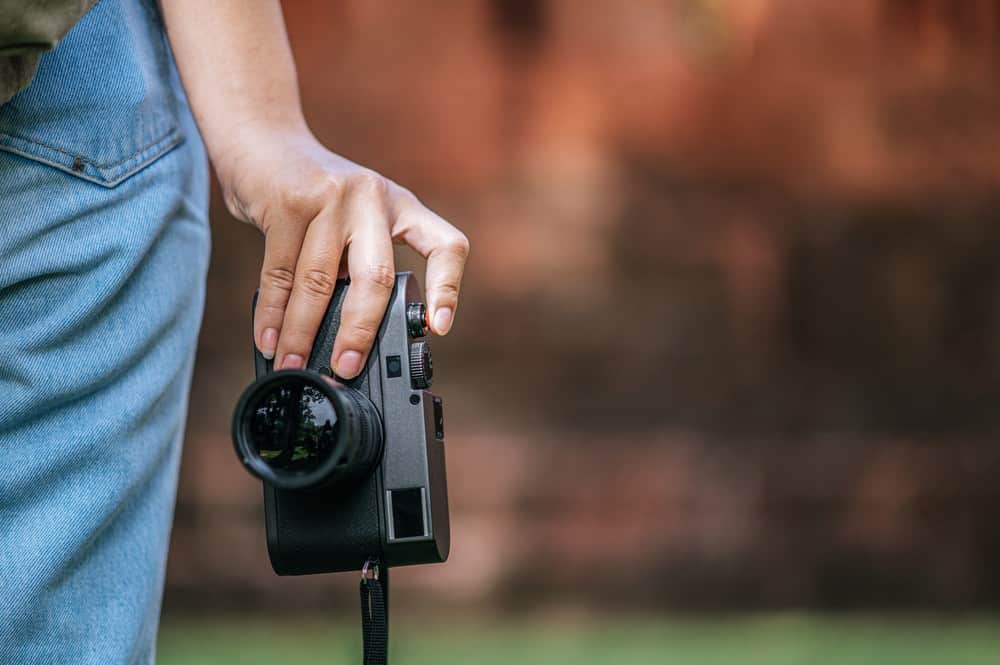
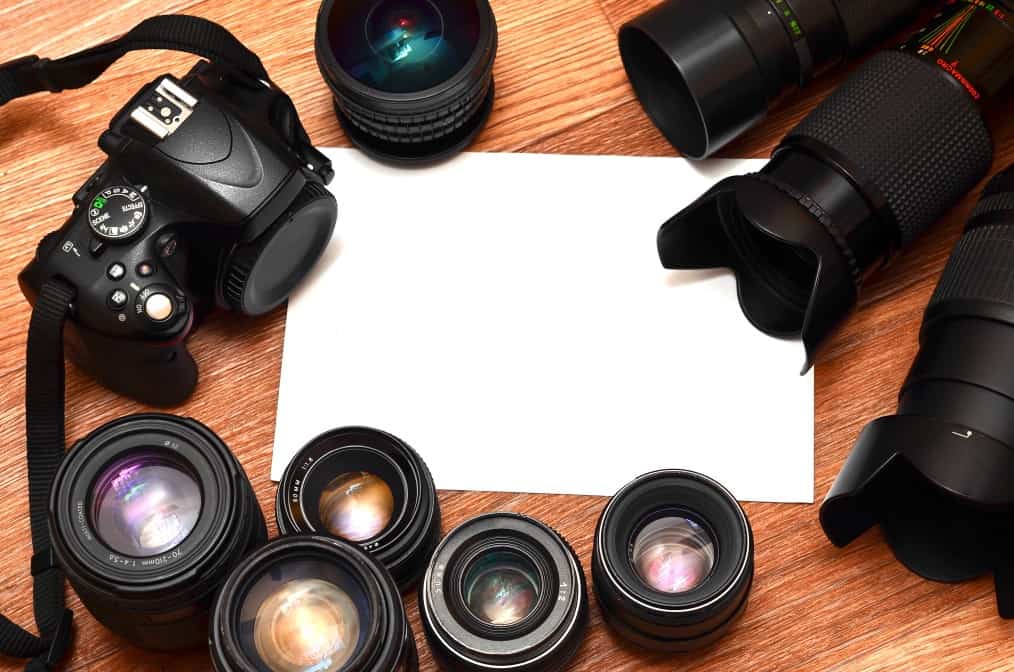
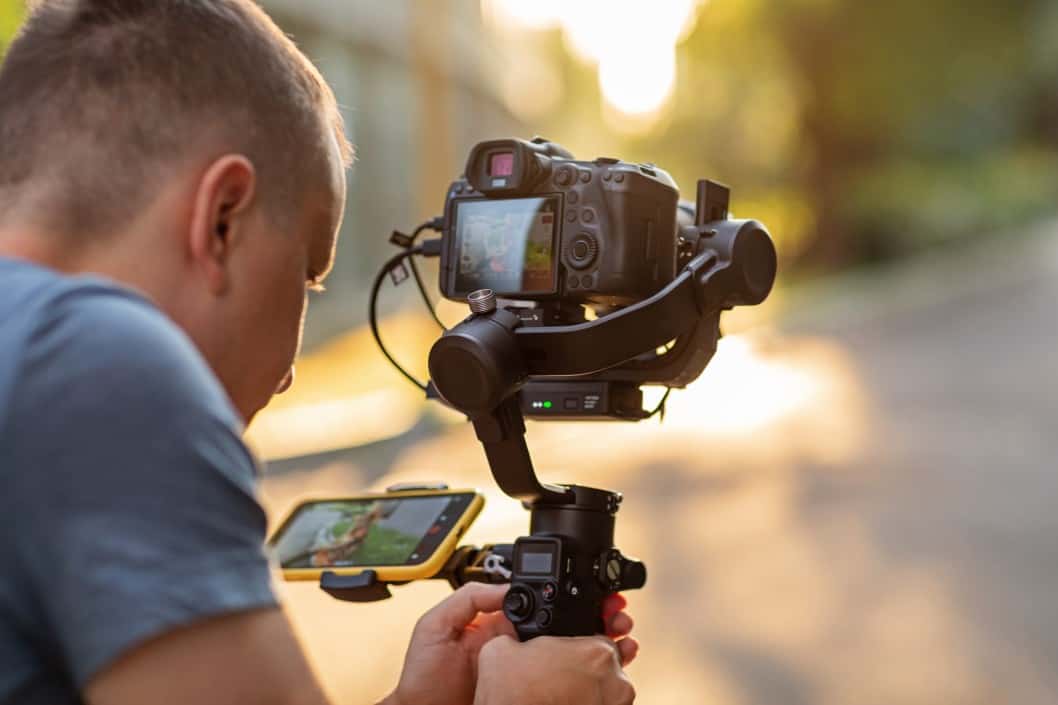
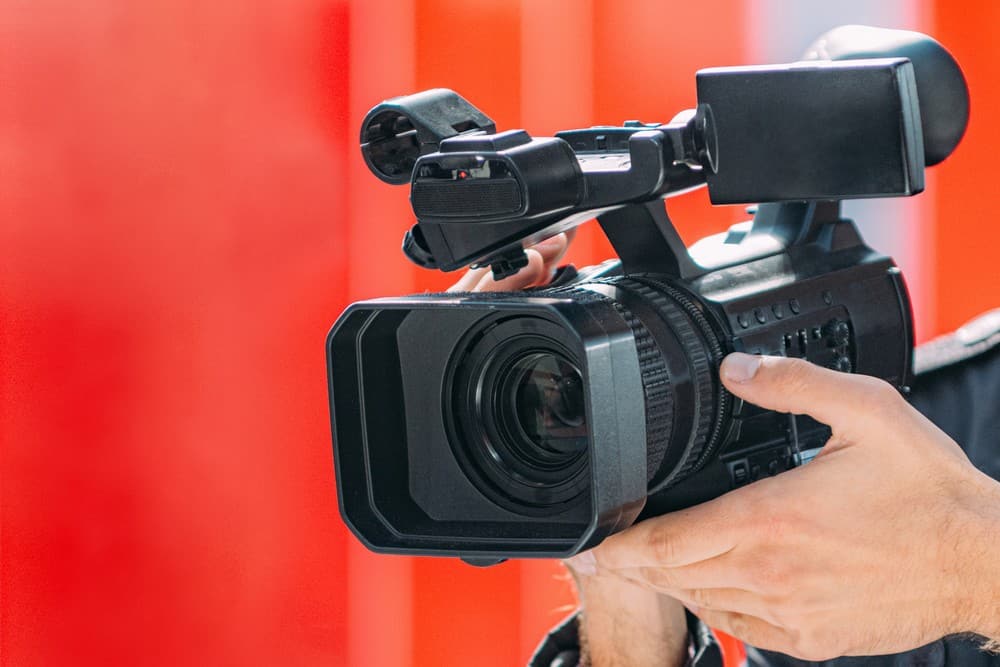

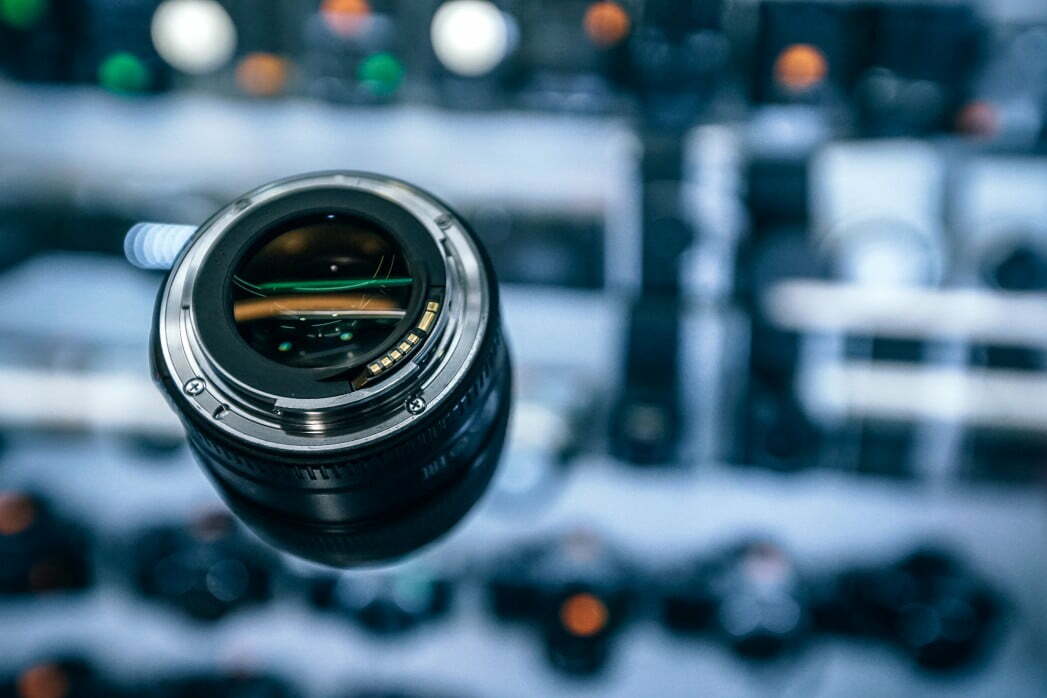
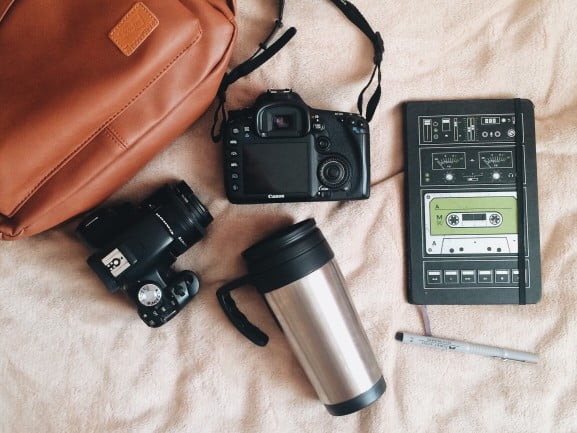
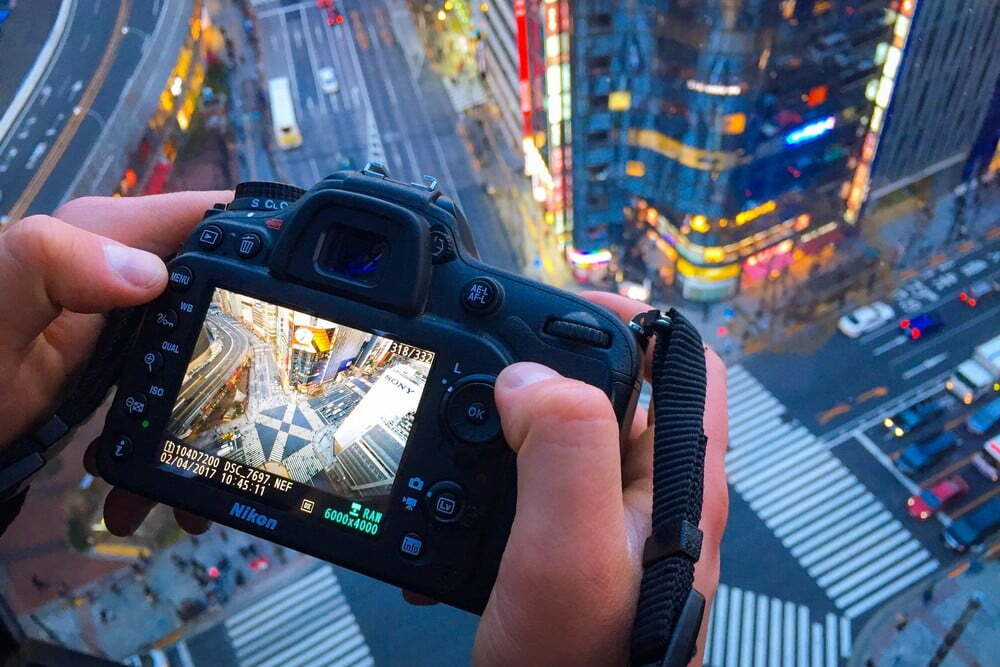

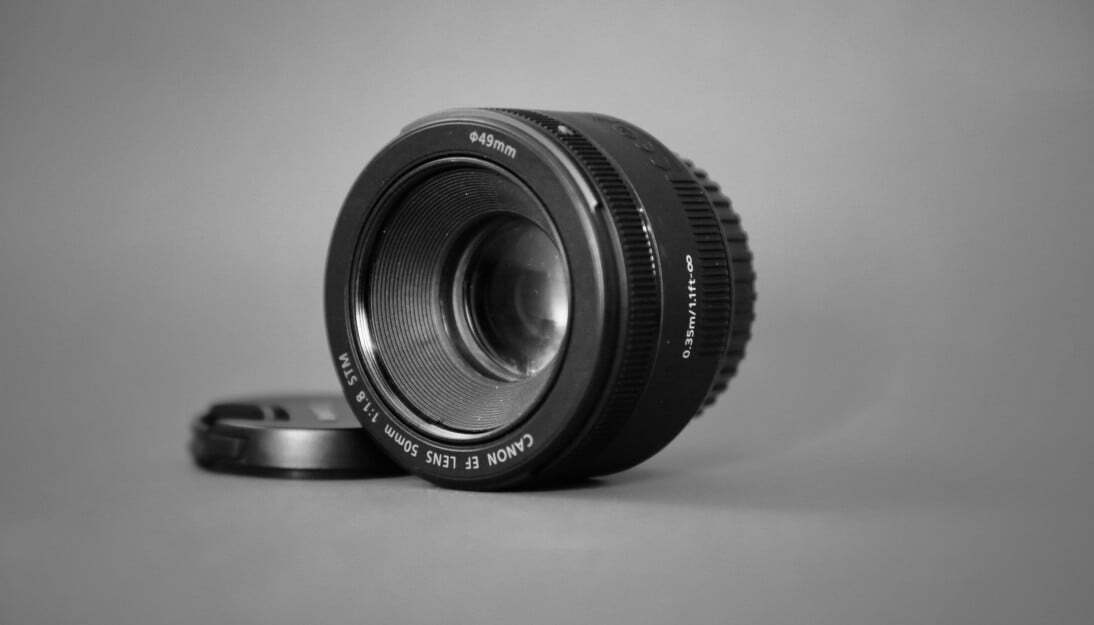

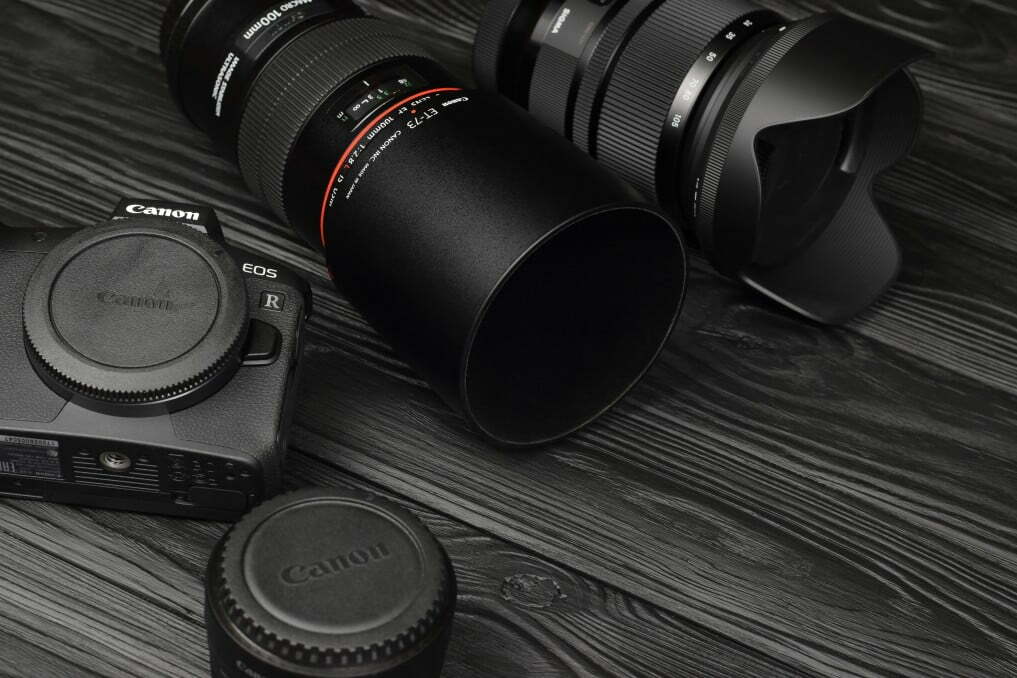
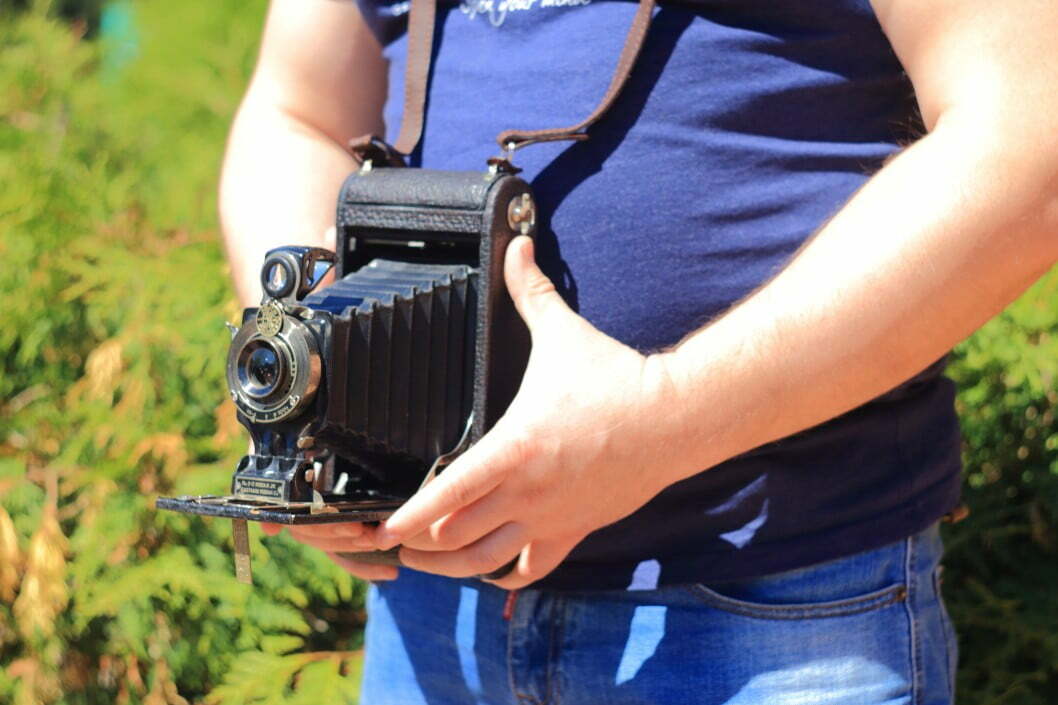
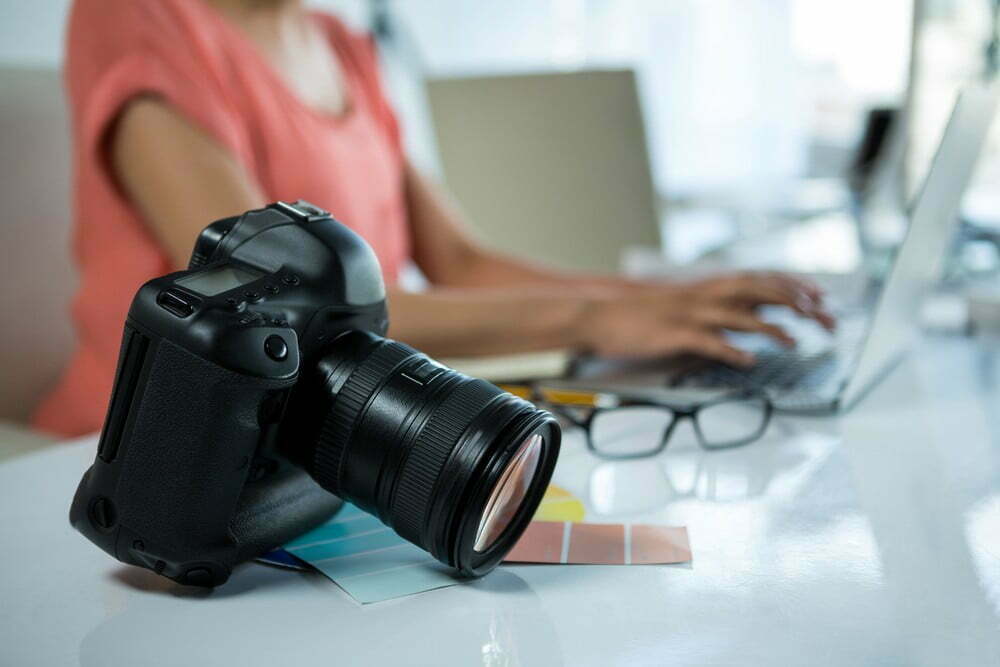
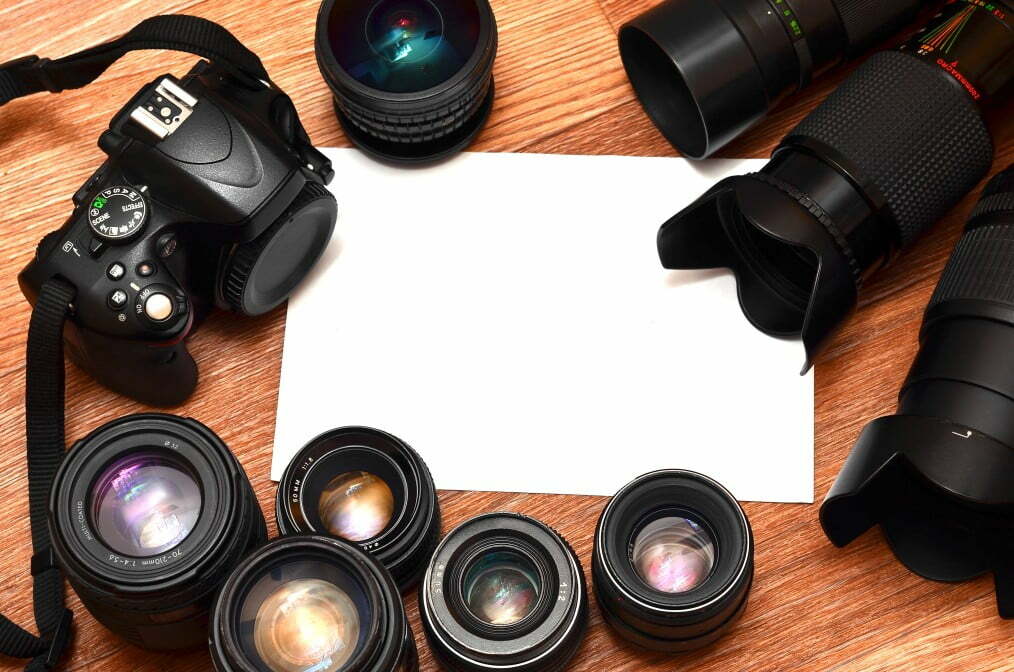
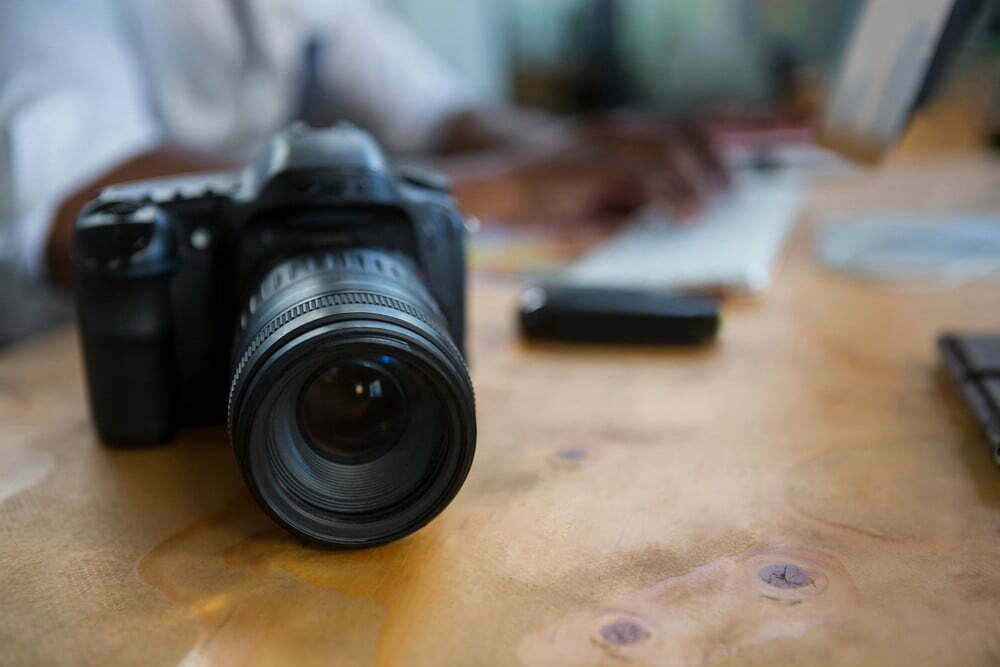


![Best Point and Shoot Camera in [year] ([month] Reviews) 27 Best Point and Shoot Camera in 2026 (January Reviews)](https://www.gadgetreview.dev/wp-content/uploads/Nikon-Coolpix-B500.jpg)
![Best Underwater Camera in [year] ([month] Reviews) 28 Best Underwater Camera in 2026 (January Reviews)](https://www.gadgetreview.dev/wp-content/uploads/best-underwater-camera-image.jpg)
![Best Digital Cameras in [year] ([month] Reviews) 29 Best Digital Cameras in 2026 (January Reviews)](https://www.gadgetreview.dev/wp-content/uploads/what-is-resolution-on-digital-camera-1.jpg)
![Best Digital Camera Docking Stations in [year] 30 Best Digital Camera Docking Stations in 2026](https://www.gadgetreview.dev/wp-content/uploads/best-digital-camera-docking-stations-image.jpg)
![Best Vlogging Camera in [year] ([month] Reviews) 31 Best Vlogging Camera in 2026 (January Reviews)](https://www.gadgetreview.dev/wp-content/uploads/best-vlogging-camera-image.jpg)
![Best Mirrorless Camera in [year] ([month] Reviews) 32 Best Mirrorless Camera in 2026 (January Reviews)](https://www.gadgetreview.dev/wp-content/uploads/best-mirrorless-camera-image.jpg)
![Best GoPro in [year] ([month] Reviews) 33 Best GoPro in 2026 (January Reviews)](https://www.gadgetreview.dev/wp-content/uploads/best-gopro-image.jpg)
![Best Digital Camera Tripods in [year] 34 Best Digital Camera Tripods in 2026](https://www.gadgetreview.dev/wp-content/uploads/best-digital-camera-tripods-image.jpg)
![Best Canon Digital Cameras in [year] 35 Best Canon Digital Cameras in 2026](https://www.gadgetreview.dev/wp-content/uploads/best-canon-digital-cameras-image.jpg)
![Best Polaroid Digital Cameras in [year] 36 Best Polaroid Digital Cameras in 2026](https://www.gadgetreview.dev/wp-content/uploads/best-polaroid-digital-cameras-image.jpg)
![Best Small Digital Camera Cases in [year] 37 Best Small Digital Camera Cases in 2026](https://www.gadgetreview.dev/wp-content/uploads/best-small-digital-camera-case-image.jpg)
![Best Digital Camera USB Cables in [year] 38 Best Digital Camera USB Cables in 2026](https://www.gadgetreview.dev/wp-content/uploads/best-digital-camera-usb-cable-image.jpg)
![Best Digital Camera Bags in [year] 39 Best Digital Camera Bags in 2026](https://www.gadgetreview.dev/wp-content/uploads/best-digital-camera-bag-image.jpg)
![Best Sony Digital Cameras in [year] 40 Best Sony Digital Cameras in 2026](https://www.gadgetreview.dev/wp-content/uploads/best-sony-digital-cameras-image.jpg)
![Best Panasonic Digital Cameras in [year] 41 Best Panasonic Digital Cameras in 2026](https://www.gadgetreview.dev/wp-content/uploads/best-panasonic-digital-cameras-image.jpg)
![Best Digital Camera Accessories in [year] 42 Best Digital Camera Accessories in 2026](https://www.gadgetreview.dev/wp-content/uploads/best-digital-camera-accessories-image.jpg)
![Best Kodak Digital Cameras in [year] 43 Best Kodak Digital Cameras in 2026](https://www.gadgetreview.dev/wp-content/uploads/best-kodak-digital-cameras-images.jpg)
![Best Video Cameras in [year] ([month] Reviews) 44 Best Video Cameras in 2026 (January Reviews)](https://www.gadgetreview.dev/wp-content/uploads/best-video-cameras-image.jpg)
![Best Compact Cameras in [year] 45 Best Compact Cameras in 2026](https://www.gadgetreview.dev/wp-content/uploads/best-compact-camera-image.jpg)
![Best Digital Cameras with Wifi in [year] 46 Best Digital Cameras with Wifi in 2026](https://www.gadgetreview.dev/wp-content/uploads/best-digital-camera-with-wifi-image.jpg)
